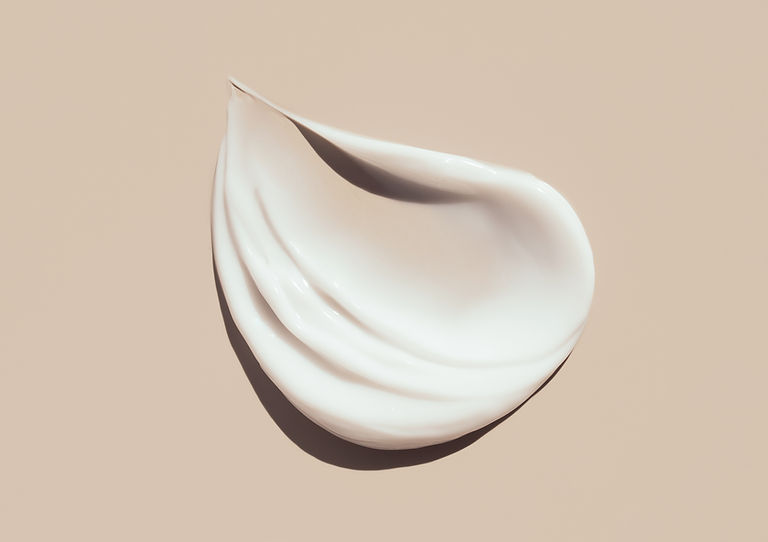Struggling with Sensitive | Rosacea Type of Skin: The Importance of Protecting Your Skin Barrier
- Aggie Singh
- Oct 22, 2024
- 2 min read
Updated: Jan 11, 2025

Living with rosacea means navigating a world full of skincare products and treatments that promise quick fixes but can end up doing more harm than good. If you have sensitive skin, like most people with rosacea do, maintaining the integrity of your skin’s barrier is critical. Unfortunately, many popular skincare methods and products—often labeled as “gentle” or “clean”—can strip away that protective barrier, making symptoms worse. Here’s why you need to be extra cautious.
Barrier-Destroying Products to Watch Out For:
1. Baby Wipes with Alcohol
Despite being marketed for delicate skin, baby wipes often contain alcohol, which can be extremely drying. For someone with rosacea, this can lead to further irritation and disrupt the skin’s natural moisture balance, causing redness and flare-ups.
2. Micellar Water with Emulsifiers
Micellar water is often touted as a go-to for sensitive skin, but not all formulas are created equal. Some contain harsh emulsifiers, which can strip away the skin’s natural oils. Over time, this weakens the skin’s barrier, making it more vulnerable to rosacea triggers like dryness and environmental stress.
3. Dermaplaning
While dermaplaning may give you instant smoothness, it will be harsh on already compromised skin. By removing the outermost layer of skin, this technique strips the natural oils that are crucial for protecting against irritation. For rosacea-prone skin, this leads to heightened sensitivity, redness, and flare-ups.
4. Daily Skin Brushing
Physical exfoliation might seem like a great way to keep your skin fresh, but daily brushing can be far too abrasive. When you have rosacea, frequent exfoliation can damage the skin’s barrier and exacerbate redness and irritation. Instead, opt for gentler alternatives or less frequent exfoliation.
Be Wary of “Clean Beauty” Apps and Buzzwords
No shortage of apps and resources that claim to tell you how “clean” or safe a cosmetic product is. While these can be useful starting points, they are not always reliable for rosacea-prone skin. Many apps rely on generalized ingredient ratings that don’t take into account your unique skin needs. For instance, a product labelled as “clean” might still contain alcohol, fragrance, or essential oils—ingredients that can trigger rosacea flare-ups.
Instead of relying solely on these apps, take the time to look through the ingredient list yourself. If you’re unsure about specific ingredients, it’s best to consult a dermatologist or skincare professional who understands rosacea and can recommend products that truly cater to sensitive skin.
Protect Your Skin Barrier
The key to managing rosacea is to prioritize your skin’s barrier health. This means avoiding products and treatments that are too harsh or stripping, even if they are marketed as safe for sensitive skin. Stick to gentle, hydrating formulas, and don’t hesitate to speak to a professional if you’re unsure about a product. Your skin will thank you for it!
In short, rosacea requires a tailored approach to skincare. Be mindful of the products and treatments you use—those promising to cleanse, exfoliate, or refresh can sometimes leave your skin in a worse state. When in doubt, less is often more.

Aggie Singh
🇺🇸Expert Judge Panel THE SKIN GAMES, USA
🇬🇧Skin Barrier Expert
🏆Winner of TSG Atlanta USA 2024
📖Certified Protocologist
16 Osborne Street, Cleethorpes UK

-01.jpg)




Comments